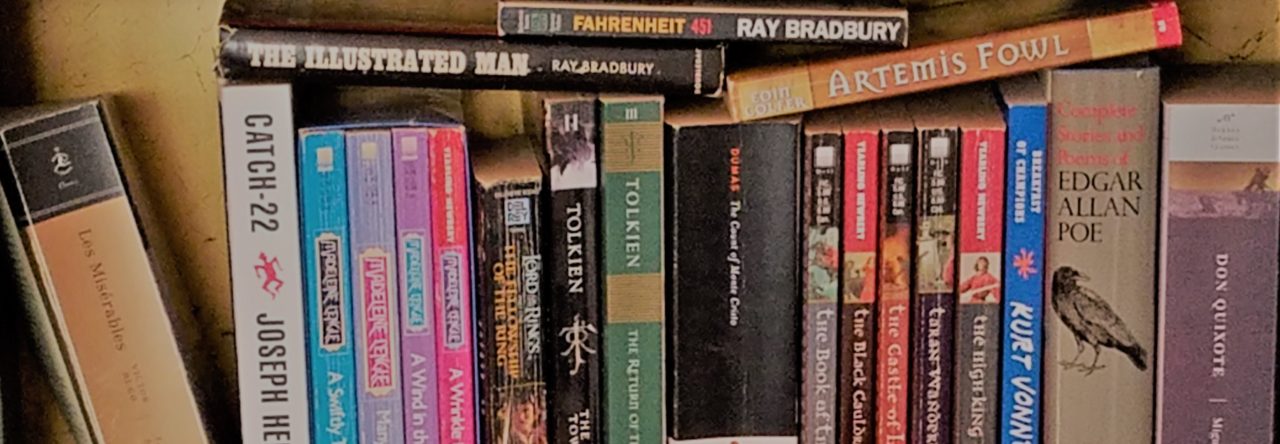WARNING: Spoilers, if you have not watched up to the episode of The Good Place that aired on 10/12/17.
We could be doing things differently.
We live in the golden age of television. Critics and viewers alike flock to ambitious, serialized dramas like Breaking Bad, Game of Thrones, Lost, Stranger Things, etc. These shows have garnered the combination of enough praise and/or ratings to compete with more conventional dramas. The golden age of television hasn’t been as kind to sitcoms. Though ambitious, serialized shows like Arrested Development, 30 Rock, Parks and Recreation, and Community received critical praise and cult followings, they struggled with ratings and faced the threat of cancellation multiple times.
The Good Place is another one of these ambitious, serialized sitcoms. It’s an amalgam of philosophy, heart, wackiness, food-based puns, disturbing clown paintings, and phenomenal acting and writing that’s just plain awesome. Season two makes it increasingly clear that the show is also a deconstruction of sitcoms.

You must be logged in to post a comment.